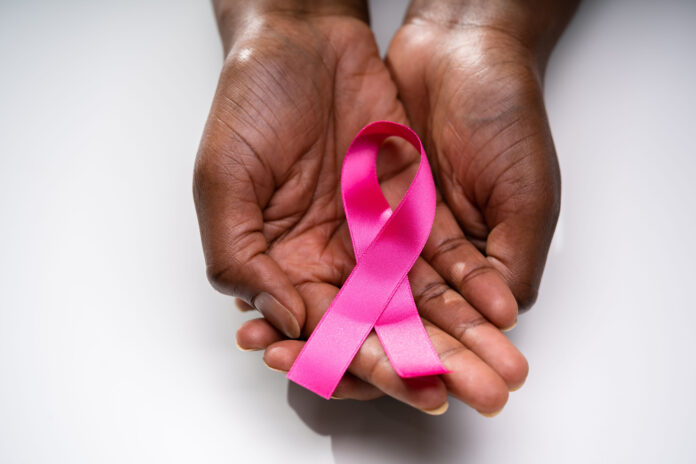Black women with metastatic breast cancer face disparities in care, but there are efforts underway to turn the tide.
Metastatic breast cancer, also classified as stage 4 breast cancer, means the cancer hasMetastatic spread from your breast to distant organs such as your bones, lungs, or other parts of your body.
Around 170,000 people in the United States are living with metastatic breast cancer. Fewer than 1 in 3 women who are diagnosed with early-stage breast cancer later develop metastatic breast cancer. Black women are 40% more likely to die from breast cancer than White women, according to the American Cancer Society.
Among women under 50, the disparity is even greater: The mortality rate among young Black women, who have a higher incidence of aggressive cancers, is double that of young White women.
Advances in early detection and treatment have dramatically reduced breast cancer’s ability to take lives overall, but it’s clear that these breakthroughs haven’t benefited all groups equally—and this disparity has remained unchanged since 2011.
According to The Breast Cancer Research Foundation, the gap in breast cancer incidence and outcome among Black women is complex and multifactorial. Social, economic, and behavioral factors may partially account for these disparities.
Some things are out of human control, including factors like genetic predisposition, how genetics change over time due to behavior and environment, and differences in the biological makeup of cancerous tumors, Evelyn Taiwo, MD, attending physician in medical oncology at New York Presbyterian-Brooklyn Methodist Hospital told Allure.
“There are biological differences in breast cancer Black women tend to have. They have a higher incidence of triple-negative breast cancer, which is more aggressive,” said Taiwo.
Black women, for instance, tend to have denser breast tissue than White women, according to this study. Dense breast tissue is a risk factor for breast cancer as it makes it harder to find the disease at earlier stages. Women with dense breasts are 1.2 times more likely to develop breast cancer than those with average breast density.
But some things are in one’s control and can be managed. Taiwo mentioned that ensuring standard of care treatment is discussed with all patients is one of the places where physicians can combat disparities. As one example, Black women are referred for genetic testing at disproportionately lower rates than White women.
The Breast Cancer Research Foundation says the industry has only recently been able to decipher some of the underlying biology to explain the higher incidence of aggressive tumors in Black women and to identify biomarkers that could ultimately inform personalized therapies and improve outcomes for Black women diagnosed with breast cancer.
Taiwo explained that this plays into not only prognosis of predisposition to breast cancer but also potential exclusion from life-saving medicine and treatments.
Expanding Black women’s participation in research is critical. But too often Black women aren’t being directed to trials. According to a study presented at an American Society of Clinical Oncology meeting last June, the majority of Black women with metastatic breast cancer don’t get enrolled into clinical trials. Only 40% of Black respondents said they were even offered a trial.
Black patients can take matters into their own hands by looking up clinical trial options in their area and discussing those options with their doctor. For instance, Gilead has several active clinical trials to evaluate treatments for people with metastatic triple-negative breast cancer.
With more work to do on reducing the racial disparities in breast cancer treatment, researchers are focusing on finding answers to the following questions:
- Are doctors offering the right treatment at the right time to Black women?
- Are doctors explaining treatment options as well to Black women as they do with White women?
- Do Black women have more trouble paying for out-of-pocket expenses?
- Is there enough follow-up from doctors in terms of the importance of early treatment that works well?
- Do Black women have tumors that don’t respond as well to common cancer drugs?
- Can community outreach boost breast cancer screenings and help people stick with treatment?
- How can we increase the number of Black and brown doctors in our workforce faster?
Experts say awareness of the disparities in breast cancer for Black women and understanding what is driving that disparity are important first steps to finding ways to improve cancer outcomes for all women.





